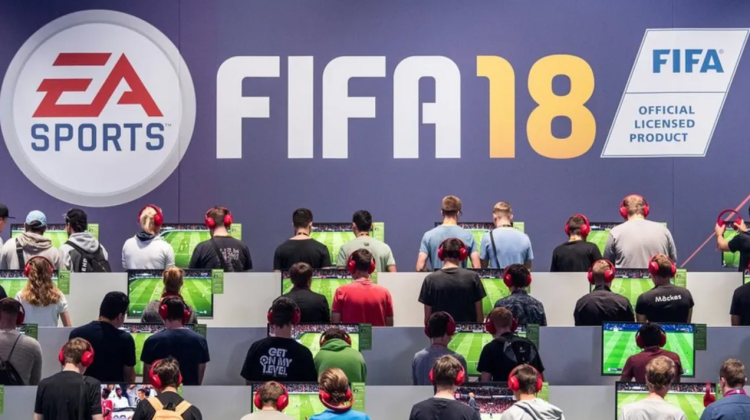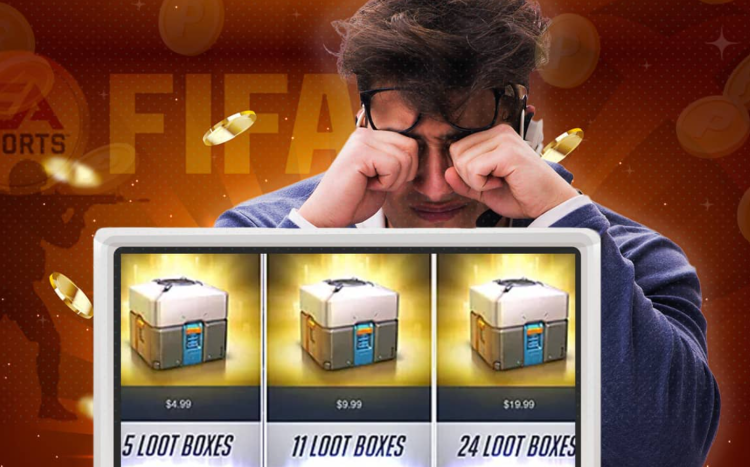Brazil Bans Loot Boxes for Under-18s Under President Lula’s New Digital Law
Brazil has joined the growing list of countries cracking down on loot boxes, with President Luiz Inácio Lula da Silva signing a new law that bans their sale to anyone under 18. The legislation, which will come into effect in March 2026, is part of a broader digital protection package that aims to shield young people from exploitative online practices. This step brings one of the world’s biggest gaming markets into direct confrontation with the ongoing debate around the gambling-like mechanics of loot boxes.
The new Brazilian law prohibits loot boxes in any game that does not carry an 18+ rating. Developers will be required to remove such monetization systems if they target or are accessible to minors. The law also obligates games with social features, such as text, audio, or video communication, to implement transparent reporting systems and accountability tools, giving players more control when harassment or misuse occurs.
For context, our previous coverage highlighted how the US Federal Trade Commission (FTC) ruled against Genshin Impact publisher Cognosphere for misleading children with loot box odds, also banning teenagers from purchasing them without parental permission. Together with Brazil’s new stance, these measures suggest mounting international momentum to regulate the practice.

While the regulation is sweeping in scope, the loot box ban is the standout clause. Brazil has now become one of the largest countries to directly address the long-standing criticism that loot boxes manipulate younger audiences into compulsive spending. Similar criticism was voiced years ago in Belgium, where the Gaming Commission ruled in 2018 that loot boxes violated gambling legislation. At the time, Justice Minister Koen Geens described the mechanic as a “dangerous mix of gaming and gambling” that risked children’s mental health. The BBC covered the issue extensively that year, marking the first major Western decision against loot boxes.
The path to Brazil’s ban has been gradual but deliberate. Investigations into loot boxes began as early as 2021, with debates expanding across the country. This mirrors Europe’s ongoing struggle to regulate the practice. In 2022, Dutch political parties supported a ban, framing loot boxes as “a form of gambling” designed to manipulate children into spending money. However, Dutch courts later overturned enforcement efforts against EA’s FIFA packs, leaving the situation unresolved. Spain has also explored regulatory action, with Reuters reporting that its government sought to curb compulsive spending behaviors linked to randomized in-game purchases.
Brazil’s decision could create ripple effects across the industry because of the country’s strong presence in the global gaming market. The question is whether enforcement will be strict enough to prevent loopholes. Belgium, for example, officially banned loot boxes in 2018, yet implementation has remained inconsistent in the years since. Many games continued operating without significant changes, raising doubts about how effectively such bans can be policed. For Brazil, clarity around age ratings and enforcement could determine whether the new restrictions protect minors or simply push them toward gray-market alternatives.
Another concern is whether players will find ways around the ban by changing account details or using international marketplaces. For publishers, compliance will require reworking monetization systems in one of Latin America’s largest markets. This could mean removing randomized boxes altogether or limiting them strictly to adult-rated games, a change that may not align with existing monetization strategies.

Source: Game Quitters
The broader conversation around loot boxes has only intensified since the height of the controversy during EA’s Star Wars Battlefront II backlash in 2017. Back then, community pushback led to the removal of microtransactions, sparking a global conversation about gambling elements in mainstream games. Since then, major publishers have faced growing scrutiny, even if only a handful of governments have taken concrete legal action.
With this new law, Brazil positions itself alongside Belgium and potentially ahead of countries like the Netherlands and Spain in establishing direct consumer protection for younger audiences. The coming years will determine whether its approach becomes a model for other nations or another symbolic gesture that struggles with enforcement. For now, Brazil has made a clear statement: loot boxes and children will no longer mix in one of the world’s most active gaming markets.

Comments